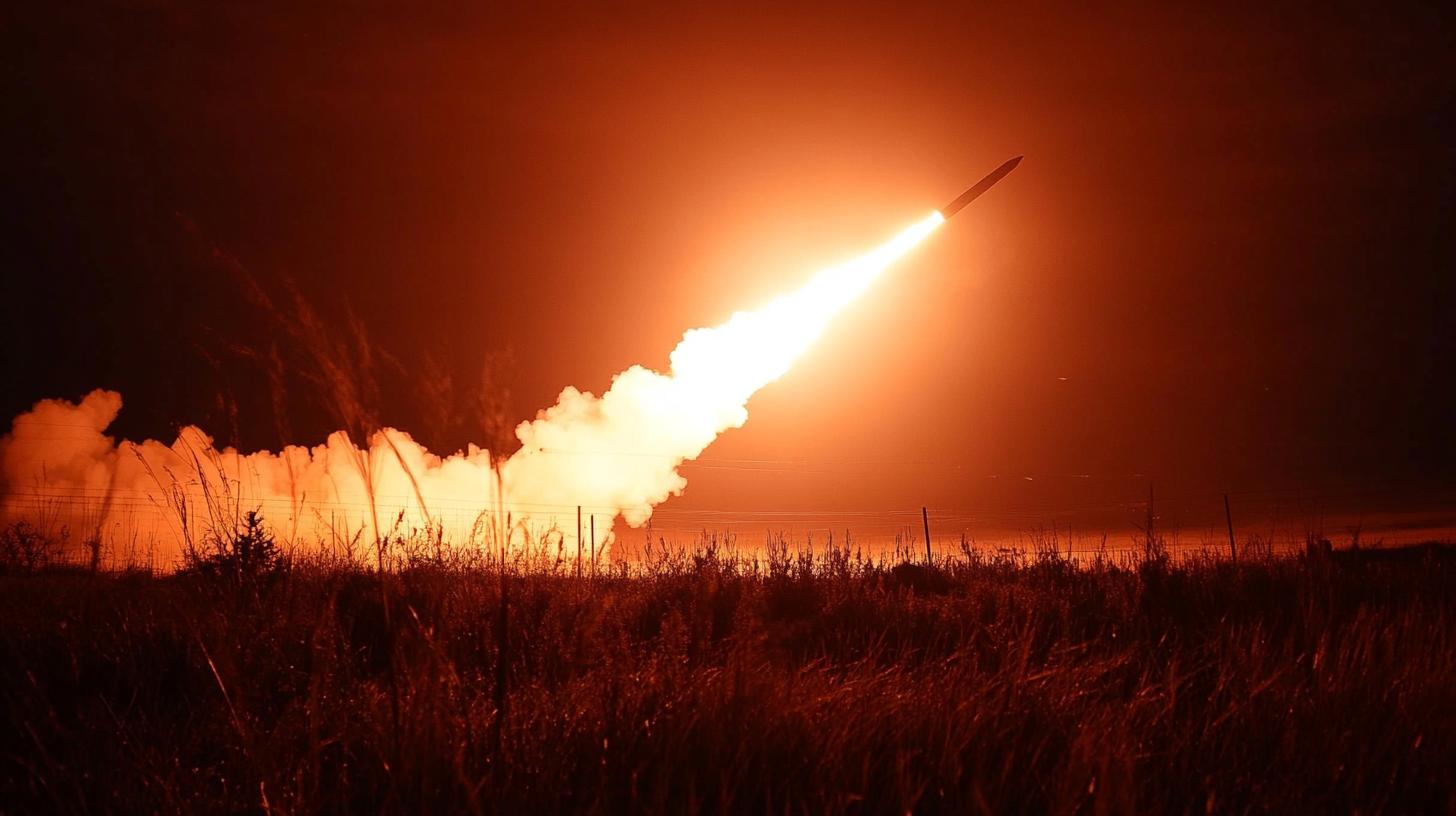Global Debate on Climate Funding Heats Up
The contentious discussion about which nations should increase their financial contribution to tackle climate change is taking center stage at COP29. This year’s UN climate summit is hosted in Azerbaijan, running from November 11th to 22nd.
China Under the Spotlight
A persistent focus of the debate is China. Critics from Western countries argue that China, despite being the second-largest economy globally, has not been sufficiently supporting less affluent nations in their fight against climate change. With China currently holding the dubious distinction of being the largest emitter of carbon dioxide for almost twenty years, expectations for it to play a more substantial role are high.
The Growing Pressure
As countries deliberate on environmental responsibilities and financial allocations, the pressure intensifies. Diplomats and climate advocates are urging China to take on a leadership role and channel more resources to aid vulnerable countries grappling with environmental degradation.
A Call for Unity
The need for a collaborative global effort is more urgent than ever, as the climate crisis does not recognize borders. The ongoing discussions at COP29 may reshape commitments and spark a new era in international climate cooperation. The question remains: Will China step up to meet the growing expectations and contribute more significantly to saving our planet?
A Shock Awaits at COP29: Who Really Needs to Foot the Climate Bill?
As COP29 unfolds in Azerbaijan, the global debate on climate financing intensifies, bringing a myriad of challenges and controversies to the forefront. While international attention largely fixates on China’s role, a broader examination of the key players and proposals is essential to understanding the dynamics of this pivotal climate summit.
Key Questions and Answers
1. Who Should Take Financial Responsibility for Climate Change Mitigation?
This is one of the most critical questions at COP29. Historical carbon emissions have been predominantly produced by developed nations, yet emerging economies currently lead in emissions growth. Developed countries argue that large economies like China and India should proportionally increase their contributions due to their significant current emissions. However, developing nations stress on historical accountability and advocate for greater funding from wealthier countries.
2. How Are Developing Nations Coping with Climate Change?
Developing countries are often most vulnerable to climate impacts due to limited resources. Initiatives such as the Green Climate Fund aim to provide financial aid to support adaptation and mitigation projects. However, the fund’s commitments have consistently fallen short, sparking calls for increased transparency and accountability in the disbursement of climate finance.
Key Challenges and Controversies
Global Financial Dynamics: A significant challenge at COP29 is the disparity in financial capabilities among countries. Wealthier nations face mounting pressure to honor past commitments and step up funding for climate initiatives. This often leads to disagreements on the distribution of financial responsibilities among developed and rapidly growing economies.
The EU’s Unique Position: The European Union has historically been a frontrunner in climate policy but is also grappling with internal divisions on how to fund initiatives while maintaining economic growth. These internal tensions are reflected at the international level, leading to complex negotiations.
Advantages and Disadvantages
Advantages of Increased Climate Funding:
– Enhanced Mitigation and Adaptation: Adequate funding can accelerate the implementation of essential climate projects, reducing the adverse impacts of climate change.
– Strengthened Global Alliances: Collaborative funding can foster stronger international relationships and mutual trust.
Disadvantages:
– Economic Strain on Contributors: Increased financial commitments might strain the economies of contributing nations, especially during times of global economic instability.
– Potential for Misallocation: Without robust oversight, funds can be misallocated, leading to inefficiencies and reduced effectiveness in combating climate change.
Conclusion
As negotiations at COP29 continue, bridging the funding gap remains imperative. Countries are tasked with reconciling historical responsibilities with current and future environmental needs. Whether a consensus can be achieved at the summit could set the tone for global climate action in the coming years.
For further information, visit United Nations or Intergovernmental Panel on Climate Change.
























